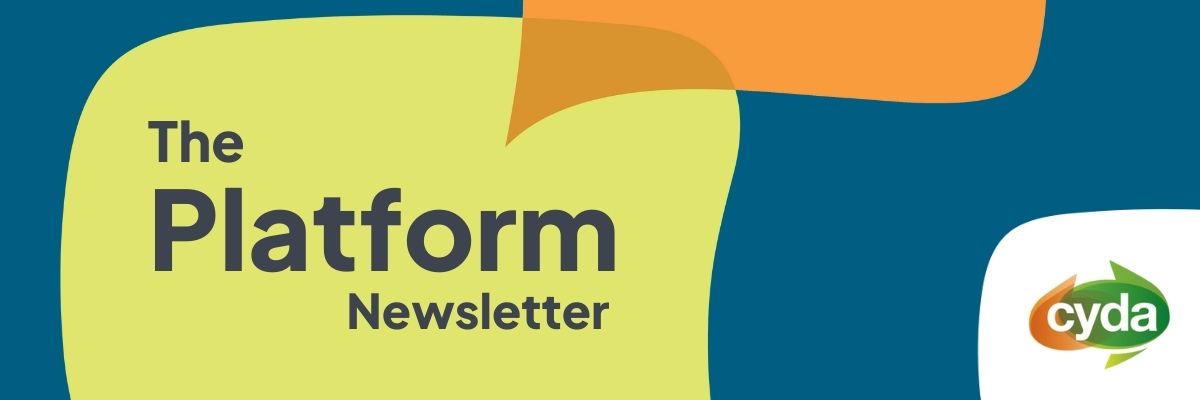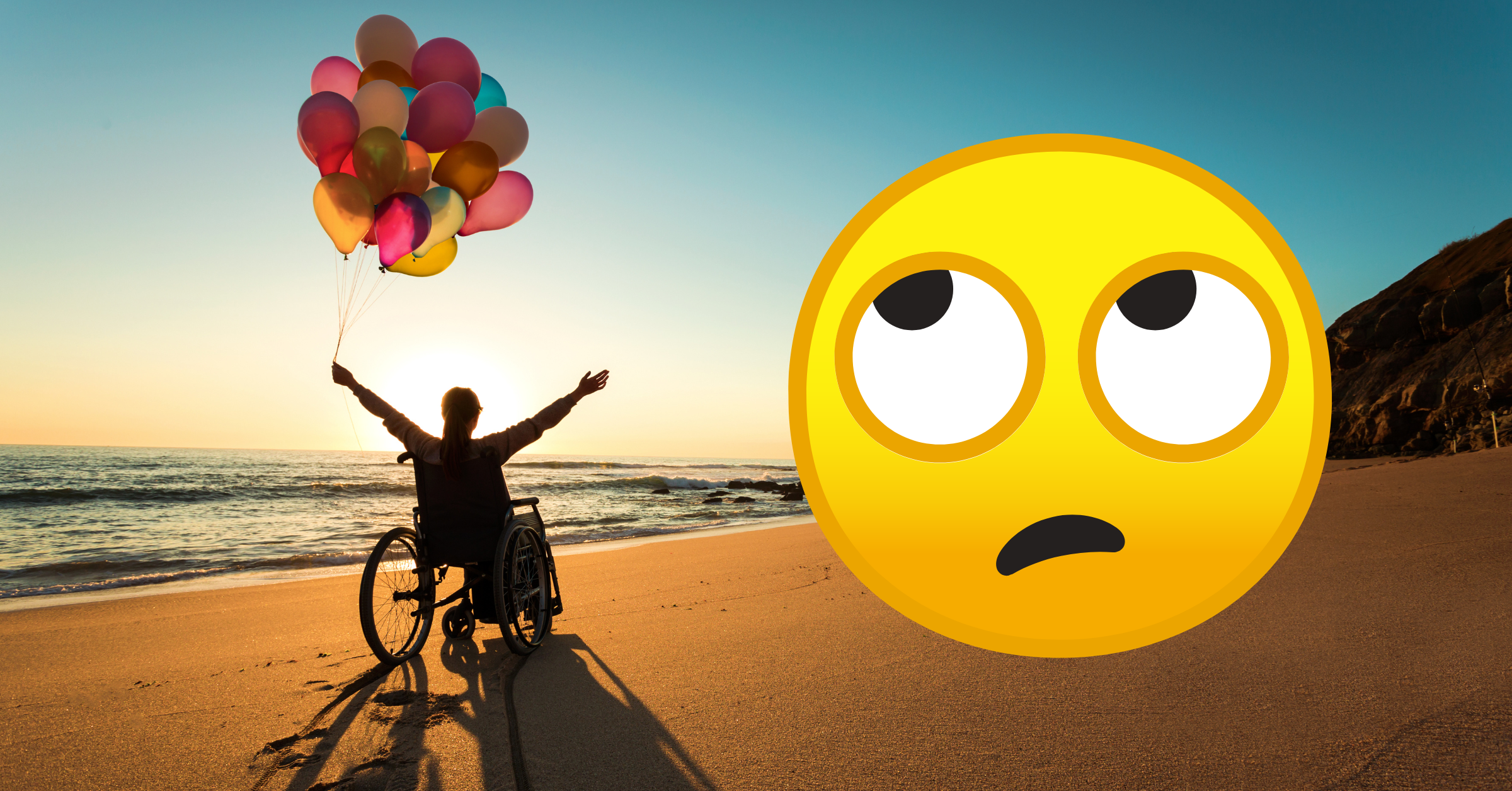I've had it with inspiration porn
Louise Weekley on the prevalence of inspiration porn in popular culture and how it harms people with disability.
Content note: ableism
When you say the words ‘inspirational porn’ to most people living with disability, a very loud sigh will most likely follow. Inspirational porn within the media is something that has massive repercussions for the disability community. But what is it and what makes it dangerous?
Partly popularised by disability advocate and legend Stella Young, inspirational porn is the concept that the media takes stories of people living with disability and uses those stories to make non-disabled people feel good about themselves.
I could sit here and write a million reasons about why this portrayal of the disability community is harmful, but let’s use some real-life examples to keep things interesting (maybe, it’ll even inspire you).
Towards the end of my final year at high school, I received a letter saying I had won a Year 12 award, although it didn’t mention what the award was for. I was so excited and proud and was counting down the days until graduation so that I could find out why I had won.
On the night, the award winners got seated in a separate area up the front of the hall and were made to feel very important. My excitement and anticipation could barely contain itself. Here I was, sitting in my seat, listening to all the boring formalities and the names of other academic award winners being announced, when we finally got onto the special awards section. Now knowing that I was a special award winner, I was even more eager to find out what award I’d won.
Then it came: the award for courage, given to the student that achieved despite facing adversity. When I started hearing a list of activities that I had done, my heart sank a little. The award that I was so excited about had been tainted by the fact that I only won because I am a person living with disability.
My adversity in this case was my disability. While yes, sometimes it is really difficult living with disability, at the same time doing stuff any other kid my age would do isn’t spectacular. If I didn’t have my disability, I probably would not have won that award and this is where the concept of inspirational porn comes into play.
It is the narrative within society that if a person living with disability is able to do more than the bare minimum in life, it needs to be celebrated. Very few non-disabled people would view anything wrong with this, but this is because any education they have on disability comes through media representation of disability.
Media is such a big influence within society and has real-life effects, especially on the disability community. That, and the lack of education on disability within schools, often leads to most people basing their knowledge on what they see in the media. This is where we start to see all the injustices towards the disability community happen.
Inspirational porn makes people living with disability the object of pity and portrays their disability as a negative thing. This is then translated within society as being the same thing and this is why living with disability is such a hard thing at times.
If someone believes disability is a negative thing to be pitied, then why would that person then go and hire someone with a disability or why would they make the effort to be friends with someone with disability? This representation in the media isolates so much of the disability community from being able to have meaningful connections within society.
If I could give one piece of advice to anyone not living with disability, it is this: do not fall for the tropes you see in the media.
Yes, they might make you feel all warm and fuzzy when you watch them, but the real-world disability community suffers from it. If you want to educate yourself, most people living with disability would love to have a conversation to help educate you. Alternatively, go seek your own reliable resources.
At the end of the day, if I win an award, I want to genuinely earn that award, not just win it because I’m a person living with disability. I am not inspiring because I’m living my life with a disability, I am inspiring for all the work I do to fight the injustices that the disability community faces.
This article is an extract from CYDA’s The Platform Newsletter. Receive monthly updates by subscribing below.

About the author:
Louise is studying a bachelor of disability and developmental education. She is a disability support worker and passionate about working in the field. Louise identifies as part of the LGBTQIA+ community and is passionate about sharing her journey as a young mum, wife and human living with a disability.

The Platform is our newsletter for young people with disability, featuring interviews, opportunities and news on the issues that matter to you!


